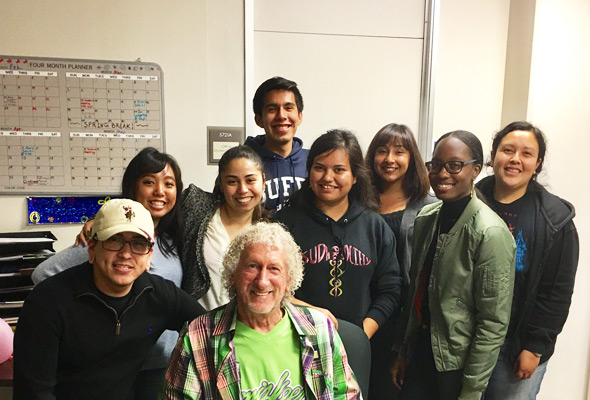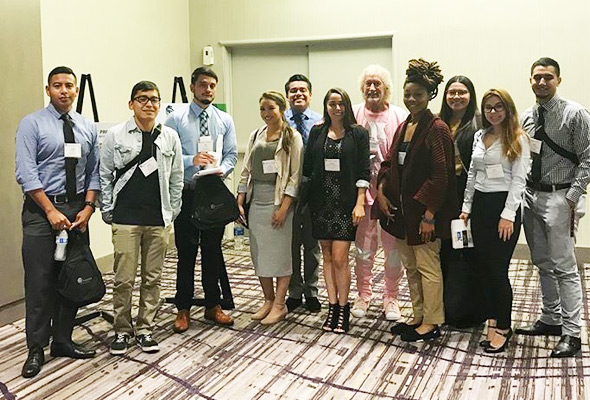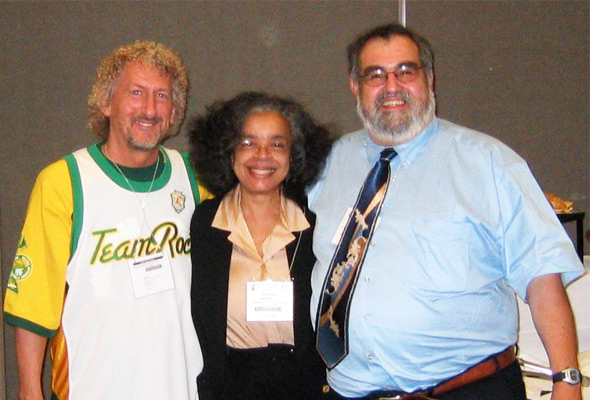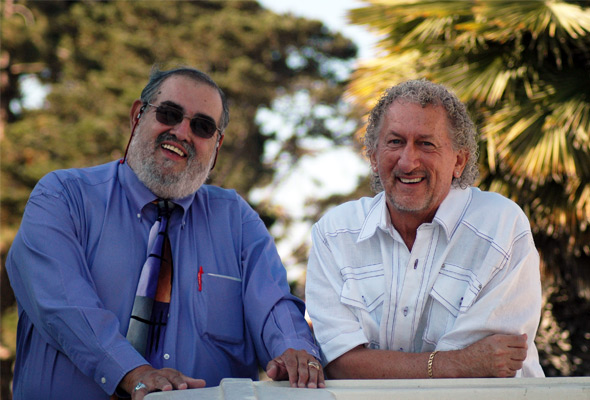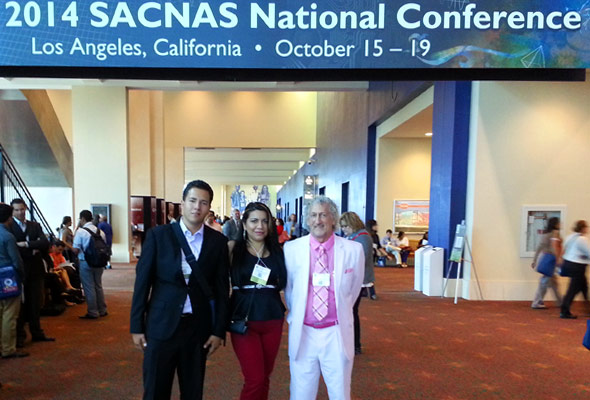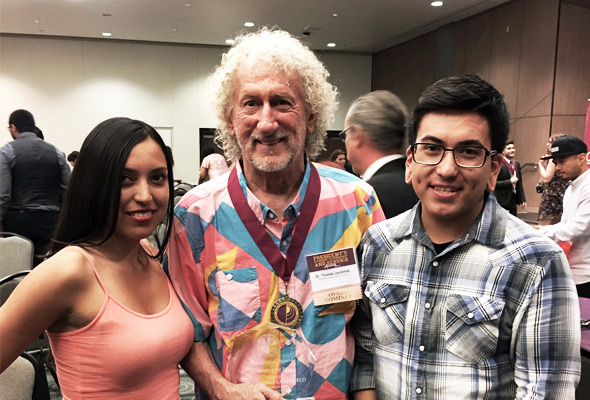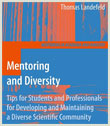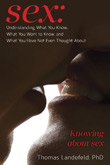Who am I?
An educator, a scientist, a reproductive endocrinologist, a change agent, an activist—actually all of these can be used to describe me based on my training, my efforts, my experiences and my passions throughout my career. My training and research in reproduction has been in the specific area of control of the female reproductive cycle while my overlapping interests and commitments in the betterment of science and society has been addressing the underrepresentation of minorities.
Throughout my career, I have had the good fortune of being successful in these areas based on traditional measures of success, e.g. with research, federal grants, publications and presentations whereas with the issue of minorities in science, successful assistance in getting students into the professions, e.g. medicine, dentistry, professorial positions, etc. A key component of these successes has been a commitment to, and compassion for, accomplishment. In the research arena, this meant staying competitive by being persistent, not only in the laboratory when conducting research but also in the classroom when teaching. With minority issues, this meant “doing the right thing” even if it was not comfortable and/or acceptable. Moreover, for the latter, it also meant giving up some of the “white privilege” which often made things quite uncomfortable. However, achieving success in both areas resulted in a tremendous amount of gratification, particularly with addressing the underrepresentation issues.
Thus, my focus at this stage of my career is really on “giving back” and, in fact, doing that through mentoring, which I consider the most important aspects of education. And as it turns out, this mentoring can be in different forms, e.g. through my Pre-health advising, through teaching my classes, through interactions with individuals at national and local conferences and certainly through my visits to MSIs. In my opinion, mentoring, particularly for underrepresented minorities, is the most needed component of education but, unfortunately, the least available. As a result, I devote an enormous amount of time and effort to this is both my professional and personal life, which in fact was the reason that I wrote my first book, Mentoring and Diversity: Tips for Students and Professionals for Developing and Maintaining a Diverse Scientific Community. Similarly, relative to my background and interest in reproductive endocrinology, I recently wrote a second book titled Sex: Understanding What You Know, What You Want to Know, and What You Have Not Even Thought About: Knowing about sex.
I plan to continue these efforts and hope that my website can help to facilitate these efforts, thereby resulting in successfully addressing the egregious underrepresentation of minorities in the academic, and specifically, the scientific community as well as the lack of understanding of basic sex by much of the population. Importantly, it is my hope that those who visit this site will acknowledge, and more significantly, try to “live by” the quotes that are shown.
![]() Read More » About Me
Read More » About Me
![]() Contact Me » tom@thomaslandefeld.com
Contact Me » tom@thomaslandefeld.com
